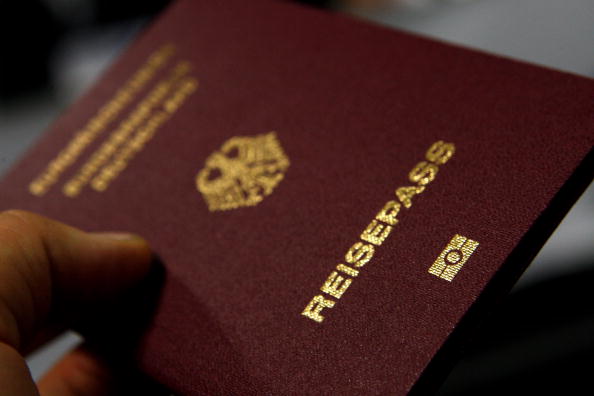Americans have always enjoyed the privilege of living abroad without losing citizenship. Think Hemingway and Fitzgerald decamping to write in Europe after World War I, or Gen. MacArthur spending decades in Asia around World War II. Expatriates remain Americans, and have generally been welcomed back to our shores with open arms.
But today there are at least 3,000 fewer Americans than there ought to be. That’s how many people live overseas and voluntarily gave up their citizenship in 2013 alone. And they won’t be coming back—at least not as Americans.
Their decision to become foreigners is being driven, in many cases, by changes to domestic laws. The United States is one of only two countries that attempt to tax money citizens earn while working overseas (Eritrea is the other). And two laws aimed at bringing tax revenue back into the U.S.—the Foreign Account Tax Compliance Act (FATCA) and the Report of Foreign Bank and Financial Accounts (FBAR)—are actually driving Americans away.
FBAR focuses on citizens, demanding that anyone with $10,000 or more in a foreign bank inform the IRS about that account. FATCA is even more invasive, because it attempts to compel foreign companies to cooperate with the IRS. Instead, many companies are simply deciding to dump their American customers.
Congress passed FATCA in 2010 to make it harder for Americans with foreign accounts to illegally evade U.S. taxes. Unfortunately, the unintended consequence of FATCA has been a painful burden inflicted on innocent law-abiding U.S. citizens residing abroad whom the law is forcing to make life-changing decisions.
“I have been kicked out of a Swiss bank,” Brian Dublin told USA Today. “I have also been kicked out of a Swiss pension fund. They told me they don’t want any Americans in the fund. They don’t want to work on behalf of the IRS.” He intends to apply for Swiss citizenship.
The law requires Americans to file expensive paperwork even if they don’t owe anything. “If you have to dish out thousands of dollars each year just to retain your U.S. citizenship you start to say, ‘Look, do I really need it that much?’” tax expert Andrew Mitchel explains.
Still, the decision to surrender American citizenship isn’t easy. “When I gave up my American passport I was so upset that I went out in the street and vomited,” Donna-Lane Nelson says. But it’s happening more and more often, jumping from 231 people giving up their citizenship at the end of the George W. Bush administration in 2008 to roughly 1,000 in 2012 and 3,000 last year.
The United States has always been the exceptional nation, the land of opportunity, even if some Americans chose to pursue opportunities abroad. We’ve been able to lure the best of the best from all around the world to become Americans and help build our economy. However, if the federal government continues to pile on burdensome regulations, that may not always be the case.
Curtis Dubay, Heritage’s research fellow in taxes and economic policy, contributed to this post.




























